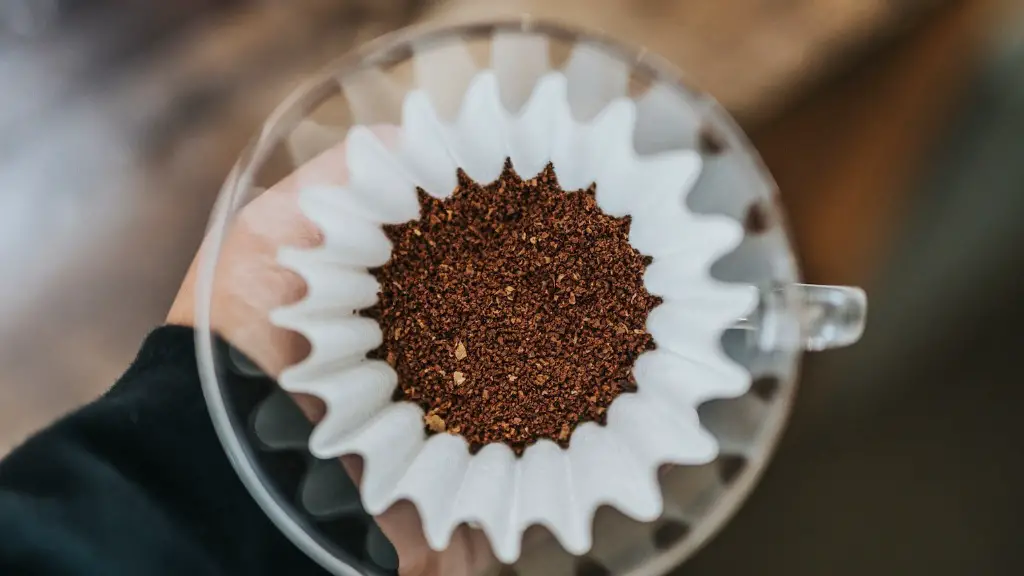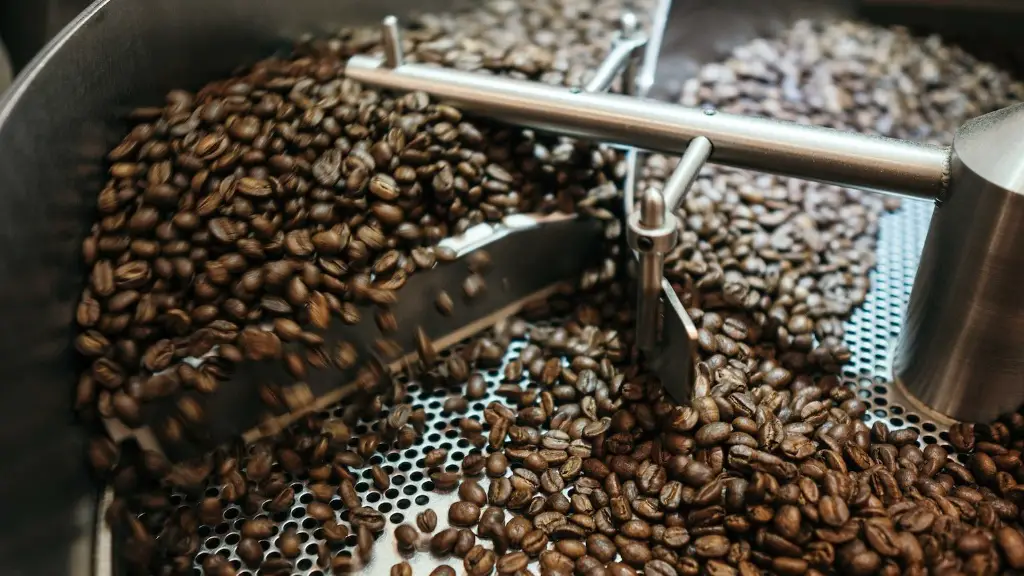Coffee is a key ingredient in many people’s day and is enjoyed in large quantities worldwide. But could coffee be exacerbating digestive problems, and could drinking it be a source of suffering, particularly in people with IBS?
IBS (Irritable Bowel Syndrome) is a common disorder that affects the large intestine. It is estimated to affect up to 20% of people in the European Union, making it a significant contributor to the health burden. A number of symptoms are associated with IBS, including abdominal pain, bloating, gas and changes in the regularity or consistency of bowel movements. Although the cause of IBS is still not known, some people find that certain foods can trigger symptoms.
So, can coffee worsen IBS symptoms? The answer is that it can, and coffee may also trigger flare-ups, depending on the person and the type of coffee they are drinking. Generally, however, foods that contain caffeine, such as coffee, can be irritating to the digestive system, and can make symptoms worse. This might be because caffeine is a stimulant, which can increase the activity of the gut and make it sensitive to stimuli.
Nevertheless, there is still hope for those who suffer from IBS and are also coffee lovers: there are a number of ways to reduce the negative impact that coffee might have. First and foremost, it is important to find the highest quality, and most natural, coffee beans as possible as this will reduce the risk of negative reactions. Additionally, the amount of caffeine in each cup should be carefully monitored. Moreover, there are specialised shops and companies that produce coffee tailored to those who want to reduce bloating and other gastrointestinal symptoms. For example, ‘Friendly’s Bloat-Buster’ is specially designed for those who suffer from IBS.
In conclusion, while IBS sufferers need to monitor their intake of coffee and take extra care to find the right type, there is no reason why they should have to give up on it altogether. With the right precautions, they can still enjoy a good cup of java.
Cold Brew vs. Regular Coffee
After considering the effects of caffeine on people with IBS, the question remains whether cold brew coffee is a safer option than regular coffee. Cold brew refers to the process of preparing coffee by soaking ground beans in cold water for a certain period of time. Consequently, cold brew coffee has a much lower caffeine content than regular coffee, but it also contains more chlorogenic acids, which are compounds that can help relieve symptoms of IBS.
When examining the benefits of cold brew coffee for IBS sufferers, it is also important to consider its acidity. Regular coffee is usually more acidic than cold brew coffee, which may be beneficial for people with IBS as it can help reduce inflammation. Furthermore, cold brew has a smoother taste and is less likely to trigger symptoms, although this varies from person to person.
In a nutshell, both types of coffee have their merits and drawbacks when it comes to the impact on IBS. While regular coffee should be enjoyed in moderation and high quality beans should be chosen, cold brew may be more tolerated by some people with IBS due to its low caffeine content and less acidic taste.
The Influence of Nutritional Values
Apart from the effects of caffeine and acidity, the nutritional value of coffee can also influence the way it affects IBS sufferers. Coffee beans are naturally low in calories but contain a wide range of healthy minerals, such as magnesium and vitamins B and B9. In addition to the positive effects that these can have on general health, they can also help to reduce inflammation, which is a key factor in the management of IBS.
A particular type of coffee that is gaining traction among IBS sufferers is ‘Bulletproof Coffee’. Although this contains regular coffee, it is made with coconut oil and grass-fed butter, which helps to reduce inflammation and can provide a source of energy without triggering symptoms. It is also rich in healthy fats, which are beneficial for gut health and can help reduce bloating, abdominal pain and other symptoms.
Of course, everyone is different and people with IBS should consult with their doctor to find out which type of coffee is best for them. But those who are looking to reduce the impact of IBS symptoms should consider including Bulletproof Coffee as part of their daily routine.
Drinking Coffee in Moderation
Although IBS sufferers need to be more careful when it comes to coffee, it is still possible to enjoy it, as long as it is consumed in moderation. Furthermore, it is important to remember that other food and drinks can also cause symptoms and that the amount of coffee consumed should not be considered in isolation. Generally speaking, IBS sufferers should aim to reduce their caffeine intake and consume coffee in small amounts to see how it affects them.
Moreover, it is worth noting that decaffeinated coffee can still be alcohol-aromatic beverages, as the process of removing caffeine from coffee beans also eliminates some of the beneficial compounds. Therefore, finding the right type of coffee and drinking it in moderation is important for IBS sufferers.
Overall, coffee can be a problem for IBS sufferers, but with the right precautions and understanding of the effects, it is still possible to enjoy a good cup of coffee.
Impact of Lifestyle and Stress
Finally, it is worth noting that lifestyle and stress can also have an impact on IBS symptoms. Research has shown that stressful events can trigger flare-ups or make symptoms worse, and this is something that IBS sufferers should be aware of. In addition, regular exercise and sleep can help reduce flare-ups and improve functioning. Therefore, if someone with IBS is struggling with coffee and other dietary triggers, it may be worth considering whether lifestyle factors could be contributing to their symptoms.
In summary, lifestyle and stress can have a major impact on IBS, and it is important to consider these in addition to dietary triggers. Therefore, reducing stress and improving sleep and exercise can help to alleviate symptoms and make it easier for IBS sufferers to enjoy the occasional cup of coffee.
Final Thoughts
Coffee can be a trigger for IBS sufferers, but there are a number of ways to minimise this risk. By choosing high quality coffee with the lowest possible caffeine content, as well as specialised coffees designed for IBS sufferers, it is possible to still enjoy an occasional cup. Additionally, considering lifestyle and stress levels can help reduce symptoms and allow IBS sufferers to make better dietary choices. Ultimately, it is important for IBS sufferers to talk to their doctor and find what works best for them.




